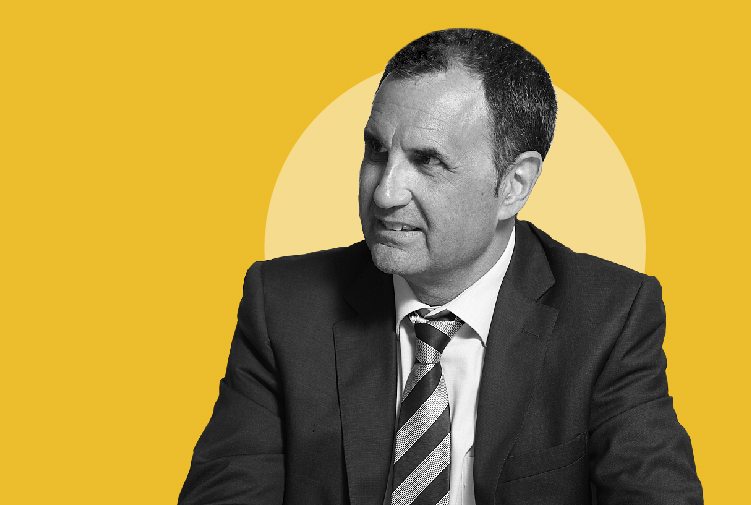

How does inheritance work in Catalonia?
What are the steps to make an inheritance? What taxes do I have to pay and what reductions do I have? What happens if I inherit a property? We solve all doubts in this quick guide to the inheritance process.
The first thing to keep in mind is that each case may have specific features depending on the hereditary estate, the family situation, or the autonomous community in which it is located, so it is convenient to seek personalized advice. However, it is necessary to know the steps to process an inheritance and take into account the following information before starting the procedure.
What documentation do you need?
You will have three documents that will accompany you throughout the procedure:
- Death certificate, which indicates the dates of death and registration and the data of the causer. You can obtain it from the Civil Registry, either in person, by mail, or telematically from the Ministry of Justice.
- Certificate of last wishes. It is the document indicating whether the causer had issued a will or not, and if so, to which notary, therefore it must match the real will. It can be obtained from the territorial managements of the Ministry of Justice, by post, or from the Ministry’s web.
- Testament. In the event that it has been made, it will be the basic document from which the heirs, the parts that correspond to them, and the assets to be inherited will be named. If no will exists, the intestate document is created, in which the inheritance is awarded by blood rank, as dictated by law.
Inheritance tax: how to calculate it?
First, you need to calculate the taxable value, that is, the actual value of the inheritance, and if there is any real estate, it will be valued at the current market price. Life insurance will also be included. Deductible debts and charges must be subtracted from the taxable value. In the case of real estate in Catalonia, it can be reduced up to 95% if the requirements by the Tax Agency of Catalonia are met, up to a maximum of 500,000 euros.
The taxable basis less the appropriate reductions will give the amount of the payable base, that is, the final amount to be paid. In Catalonia, the inheritance and donation tax ranges between 7% and 32%, depending on the amount inherited, and must be paid in a maximum of six months from the date of death.
Are debts inherited as well?
Yes, debts are inherited, and so are mortgages. In the event of inheriting a property with a mortgage, the municipal property taxes and the monthly instalments corresponding to the loan must be added to the payment of inheritance tax. The change of mortgage ownership is free. Today, however, most mortgages and personal loans have a life insurance linked and, therefore, in the event of the death of the holder, the same insurance will pay the outstanding amount. In the event that the inherited mortgage has abusive clauses, the new holder may claim them to be cancelled.
Who can claim the legitime?
Article 425-9 of the Civil Code of Catalonia recognizes the right to the legitime, in which the descendants can claim 25% of the inheritance, regardless of the last wishes of the causer. In case of not having children, it will be the ascendants: the father or the mother. Even if a universal heir has been specified, they will only have access to 75% of the inheritance, unless the legitimators relinquish the legitimacy.
What if you give up inheritance?
In the event that you cannot assume it (with or without a loan), the people who inherit have the option to waive it. A pure waiver has no cost beyond the inheritance tax that will be borne by the new inheritor. Depending on the relationship with the deceased, this tax will be more or less high. If you renounce in favour of someone else, then you must pay the inheritance tax, as the inheritance must be accepted in order to be able to transfer it.
For more specific information on the inheritance process and related taxes, you can consult the guide of the Tax Agency of Catalonia.
11Onze is the community fintech of Catalonia. Open an account by downloading the super app El Canut for Android or iOS and join the revolution!






Moltes gràcies per les explicacions.
En Jordi és un savi en aquesta matèria, Anna! Seguim a La Plaça.
👍
Gràcies, Joan! Ens veiem per La Plaça!
Per tan els germans mai tindran la legítima en cas d’absenci de fills i pares del caussnt
Així ho entenc també jo. Gràcies pel teu aclariment, Alícia!
Cal posar l’accent en l’assessorament jurídic d’un advocat especialista en aquests temes. Fer-s’ho un mateix està bé després de rebre el corresponent assessorament personalitzat.
Moltes gràcies pel teu consell, Elisa. Que tinguis molt bon diumenge, ens veiem per la Plaça!
Gràcies Jordi ha estat molt clar tot, unicament un dubte sinó hi han descendents si ho entés bé serán els pares (ascendents) qui poden reclamar llegitima,
El dubte es i els germans poden reclamar la llegitima?
Gràcies
Hola, Alícia. Sí, els legitimaris seran els descendents del causant, en primer lloc els fills, i si aquests no existeixen seran el pare i la mare del causant o testador.
Molt complicat, més val no heretà res. Perquè si no ho saps i a més a més heretes deutes. Abans d’acceptar ho pots saber si hi han deutes ?
Hola, Rosa Maria! No és complicat, jo diria que una mica carregós, més que res pel munt de tràmits i paperassa a fer, Registre Civil, notari, Registre de la Propietat, Agència Tributària, Ajuntament… Pensa que hi ha sis mesos de temps per fer tota la paperassa i acceptar l’herència… En aquests casos en els quals és una mica complicat saber si és o no del nostre interès acceptar una herència, el més assenyat és acceptar-la a benefici d’inventari, no fos cas que el passiu de l’herència fos més que no pas l’actiu… Llavors, un cop fet l’inventari, podrem decidir si l’acceptem o la repudiem, en funció de si ens és convenient o no.